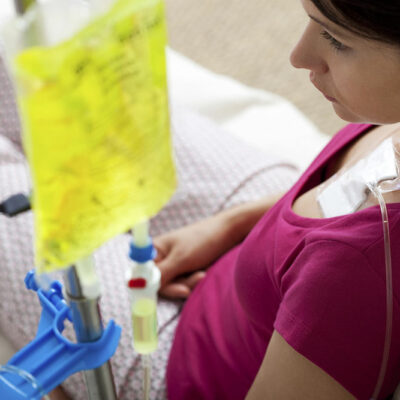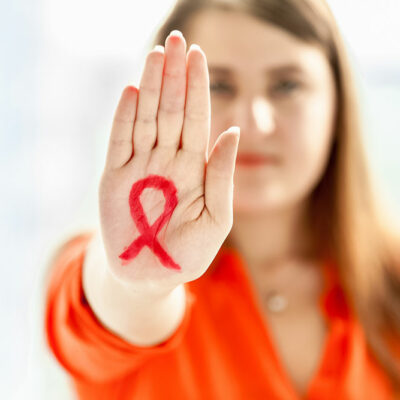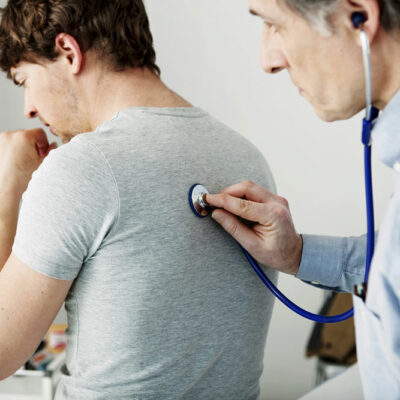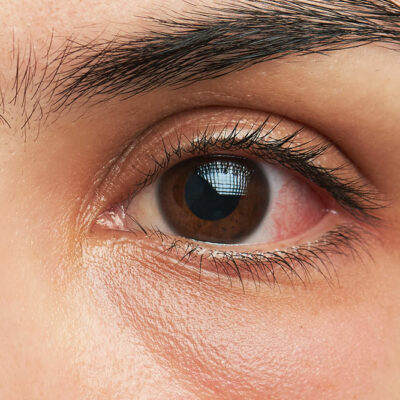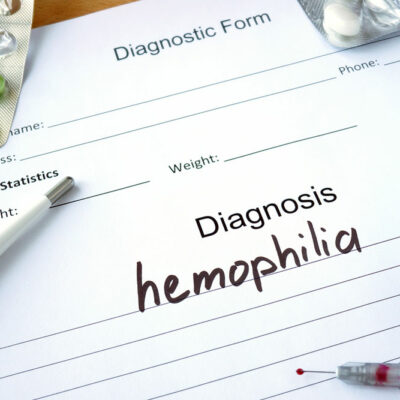
General Health
All about hemophilia
Hemophilia is a very rare disorder in which the blood fails to clot in collaboration with platelets. Normally, if you have a sufficient amount of blood clotting factors, your blood clots after an injury in some time. However, when you are suffering from this disorder, your blood takes longer to clot causing you to bleed more than normal. Hemophilia, in some cases, is genetic and can be fatal if not treated with care in time. It could also sometimes lead to internal bleeding, which could affect your organs and tissues. Symptoms There are several symptoms of this disorder You may observe some amount of blood in your urine. There can also be traces of blood in your stool. You may observe certain deep bruises on your body. You may also find yourself having large bruises for which you don’t have any explanation. You may experience excessive bleeding due to this disorder. You may also experience bleeding in the gums. There will also be a sign of frequent bleeding of the nose. Additionally, you may experience joint pains and tight joints. Many children affected with this disorder, may experience irritability. Causes Hemophilia can be caused due to several factors. In normal conditions, during bleeding, your body forms a blood clot with the help of several clotting factors.
Read More 



